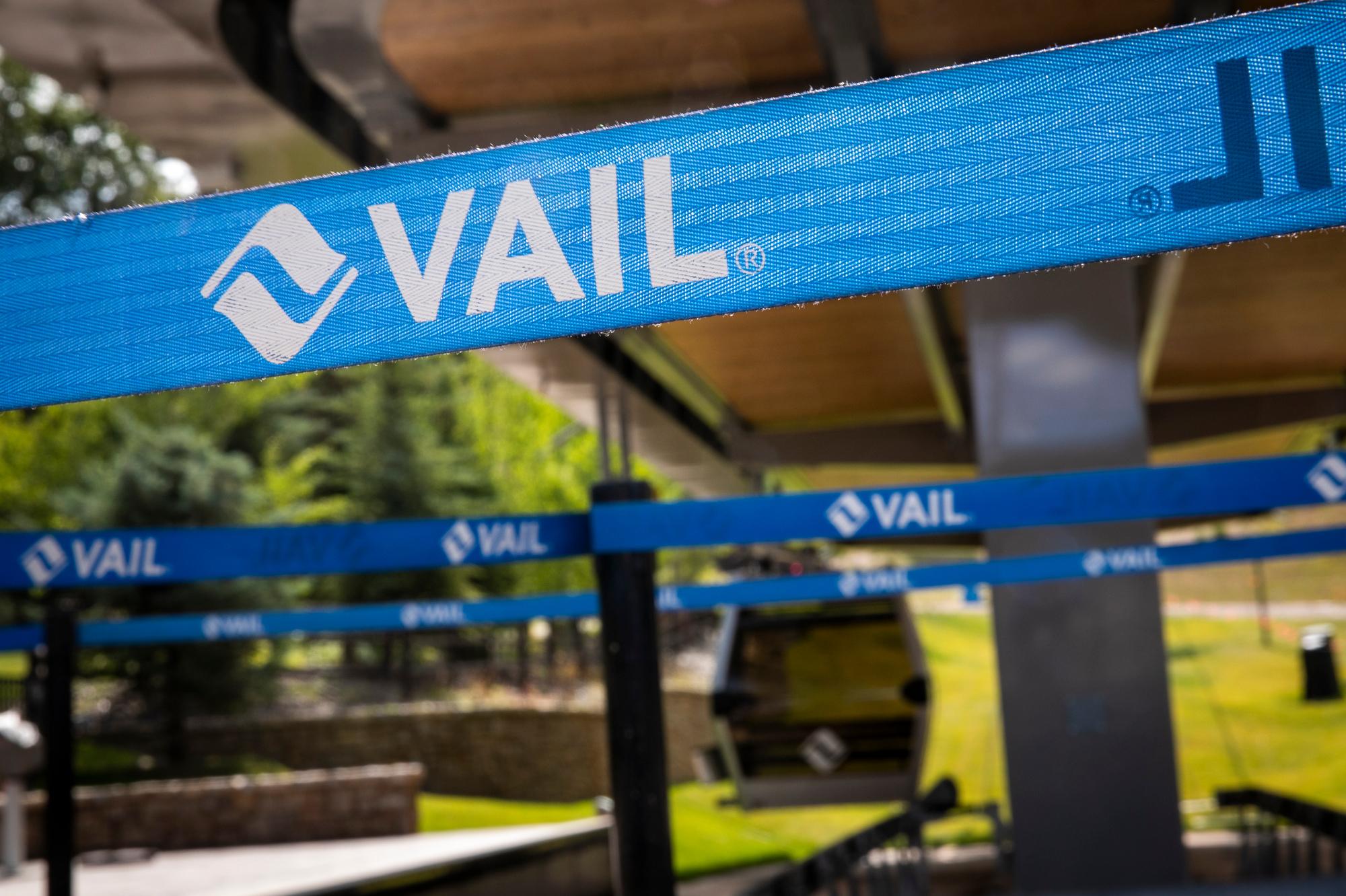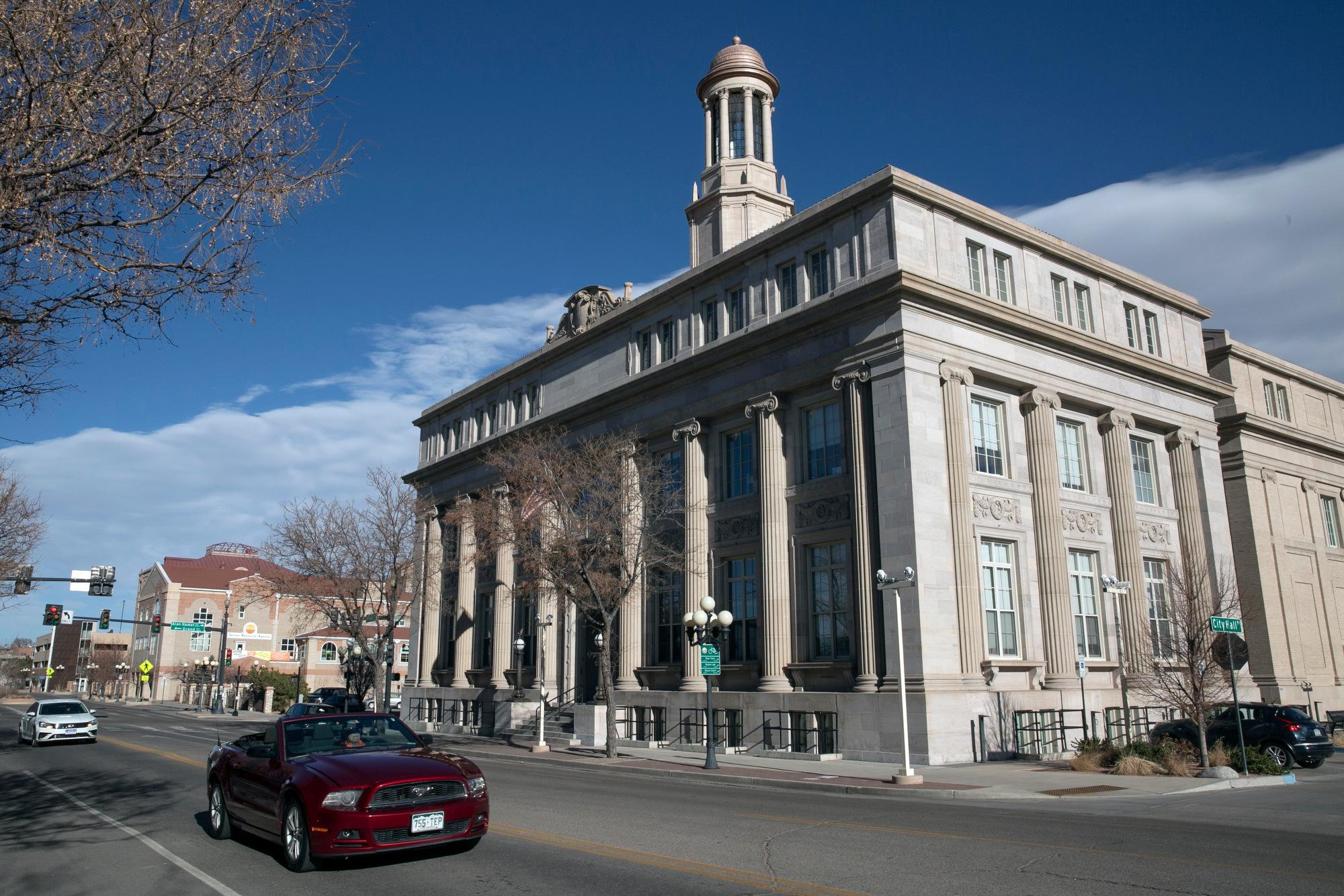
Vail Resorts has sold more season passes so far in 2020 compared to the same time last year, as customers scrambled to redeem credits from last winter’s abbreviated season.
But the company doesn’t expect that pace to continue.
The company has sold roughly 850,000 passes for the upcoming season in North America — an 18 percent jump from the same time last year, CEO Rob Katz said during a conference call for investors. The activity was driven largely by renewals. Pass sales to new customers declined from last year, said Katz, providing a quarterly update on the company’s financials.
Sales will likely slow now that the Sept. 17 deadline to redeem credits has passed. The Broomfield-based company sold 1.14 million passes through early December of 2019. This year’s total sales are expected to be about the same, according to Katz.
Vail’s revenue for the fiscal year ended July 31 fell 13.6 percent to $1.96 billion, dragged down by closures and travel disruptions due to the coronavirus pandemic. The total number of skiers at its resorts globally declined 10 percent.
Vail is bracing for a difficult season. The company said the financial outlook will continue to suffer, due to limitations on lift tickets, food and beverage sales, and reduced travel.
Ski resorts are grappling with how to open, with the pandemic still raging. Operators have released a range of roadmaps for how they plan to control crowds and keep people safe for winter sports.
Vail, among the first to lay out its plans publicly, will require reservations. Nobody is guaranteed a spot for their day of choice, though passholders will get priority access to the reservation system. The company is offering refunds to passholders who aren’t able to reserve their preferred days.
Katz declined to provide specifics on what capacity on Vail’s mountains would be, or how many days the company might have to turn away skiers.









